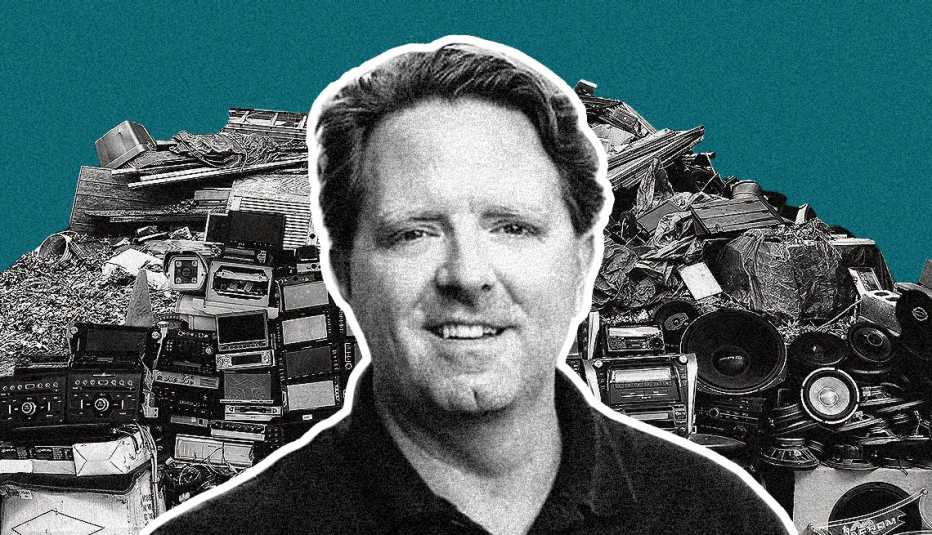I was just happy to put off my job search for a few months while I figured things out.
I still had no idea how I was going to earn a living.
I had one thing going for me, though: a community.
People knew my grandfather, they knew my father, and now they knew me.
I had my people.
The downside is that everyone knows the details of your life.

Both realities played into what happened next.
Word got around that I had cleared out my dads house and that I was looking for work.
At church one Sunday, a kindly eighty-year-old womanwell call her Ettacame over to me.
She was years away from going into senior living, she hastened to inform me.
But she figured I could use some extra money.
She asked if I could do some work for her.
I quickly agreed, happy to help her out and earn some cash.
Then I stepped inside.
Ettas home was a sign of a well-lived life.
Dishes and crystal of every punch in imaginable were stacked in her kitchen and dining room.
Cases of wine and shelves of wineglasses.
Linen tablecloths and napkins folded neatly.
At least ten card tables and dozens of decks of cards.
It looked to me like her home held enough to supply a banquet hall.
I had thought, going over to Ettas home, that helping her declutter would be depressing.
Werent we going to throw away a lifetime of stuff, after all?
Wouldnt helping her clean out be like helping her write her own obituary?
That wasnt what happened at all.
Over the next few weeks, Etta and I took pleasure in her favorite life stories.
We didnt bury her best years; we celebrated them.
She had an eager audience in me, and she was in control of how the organizational process worked.
She took her time.
This is the most important part of the processthe part most experts miss entirely.
And if youre helping someone else, its your responsibility to listen.
In this chapter, Im going to show you how to both tell and listen to the tales.
